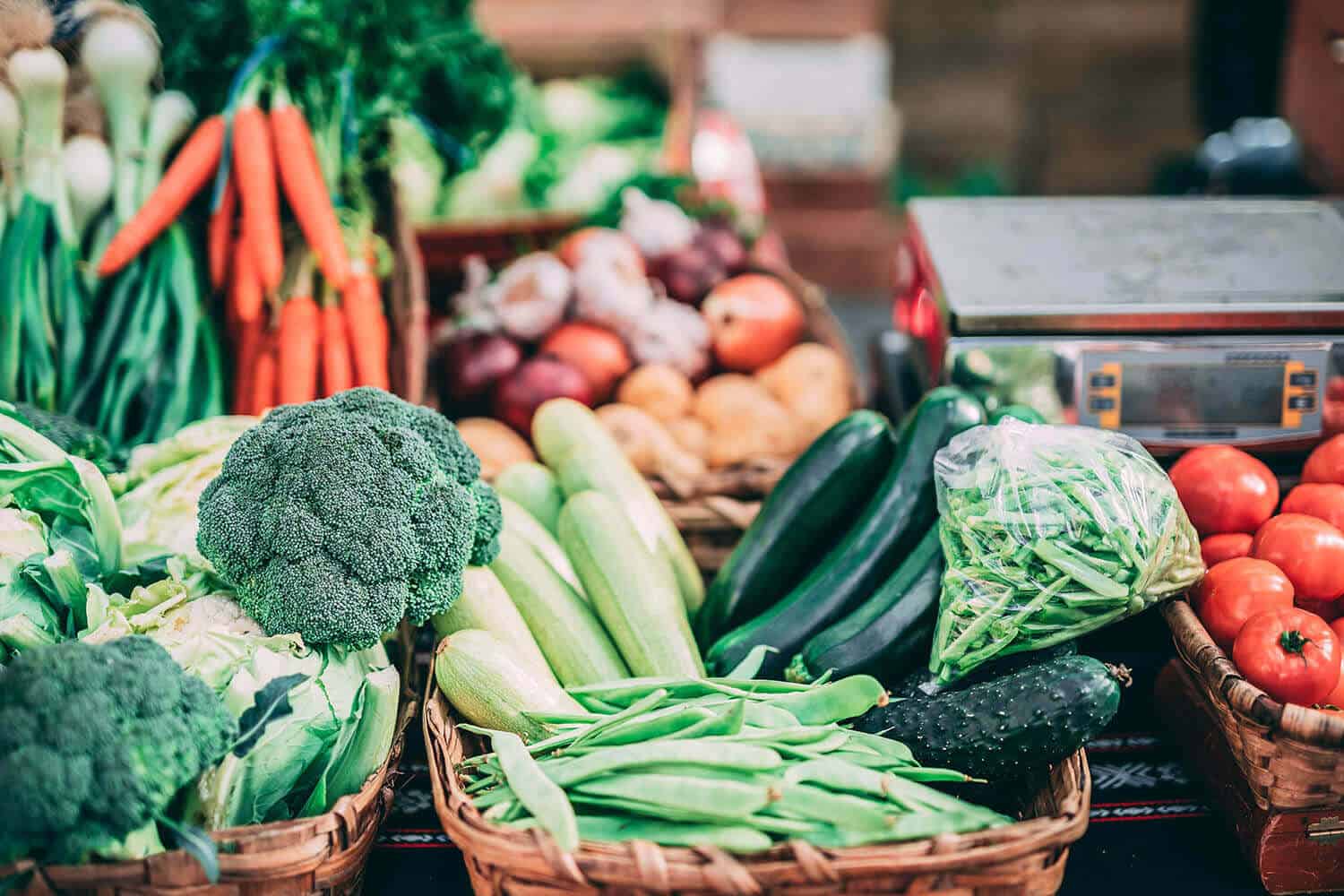Image Source – Iñigo De la Maza
Seasonal eating is eating fruit and veg that are in season regional to where you live. Eating seasonally is a more sustainable way to consume fresh produce as it cuts down on food transportation and reduces food miles. Food miles is the distance between where the food was grown and where it will be eaten. For example, although in England we grow asparagus throughout the months of May to June, there is still asparagus on our supermarket shelves all year round. This is because the asparagus has been imported from 6,312 miles away, halfway across the world in Peru. As transport is a significant contributor to CO2 emissions, with it being accountable for around 25% of global CO2 emissions, reducing the transportation of the food can make a big difference.
Adjusting your diet to eat seasonally also supports British farming. Eating local produce seasonally helps to keep farmers in business and prevents British farms and orchards from being destroyed, orchards that absorb carbon dioxide and release oxygen, cleaning the air. An example of this is the destruction of apple orchards, in the last 30 years over 60% of British apple orchards have been destroyed. Supporting British farming also benefits the economy as agriculture contributes around £122 billion to the UK economy each year. It provides jobs to locals in farming areas and jobs in packhouses and distribution centres.
Not only is seasonal eating more healthy and tasty as the nutrients have had time to fully develop whilst attached to the stem or root of the fruit and veg, they also have a higher nutritional and mineral content. This is because they have less artificial input such as lighting, greenhouses, fertiliser and fewer pesticides. These are all used in foreign countries to keep up with the high demand to produce large quantities of the crop all year round. (1)

06/10/2022




